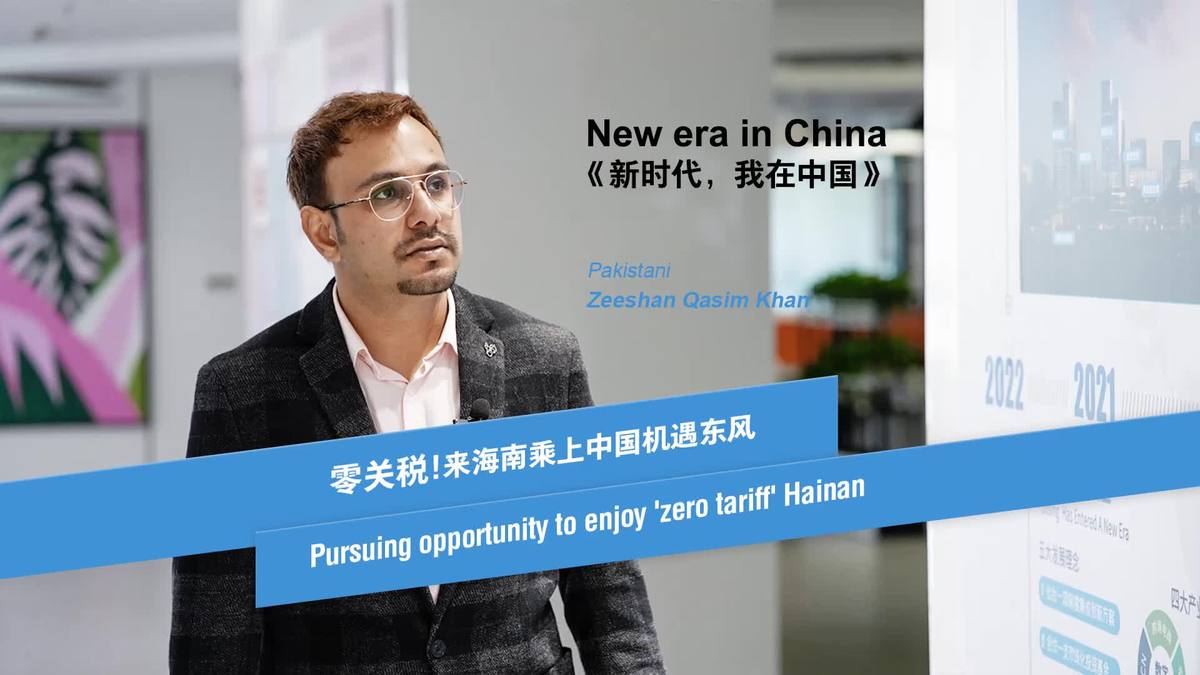Multinationals still invest big in China's green drive
By ZHENG YIRAN chinadaily.com.cn Updated: Apr 30, 2024

Amid foreign media's report that China's green-tech manufacturing boom draws concerns about overcapacity, multinational corporations in China are still investing big in the country's green economy drive, voting with their feet.
At the end of April, Milwaukee, United States-based industrial automation company Rockwell Automation said that the company is planning to drive more collaborations in China's strategic emerging industries, such as new energy and life sciences.
Other MNCs from around the world are also including green transition as one of their core business strategies in China. Swedish home furnishings giant Ikea announced in March its 2030 goal to cut carbon emissions by 50 percent compared to the level in 2016.
French industrial and tech company Schneider Electric SE currently owns 19 net-zero plants in China, among which 15 were recognized as "green plants" by the Ministry of Industry and Information Technology; French aircraft manufacturer Airbus has inked several deals with Chinese enterprises in the area of sustainable aviation fuel and renewable energy supply to promote the sustainable development in the aviation industry.
"That MNCs are embracing China's dual-carbon goal with concrete efforts is a demonstration of their acknowledgment of the role that China's green economy has been playing in the world," said Zhou Mi, a senior researcher at the Chinese Academy of International Trade and Economic Cooperation.
"Foreign companies in China, together with domestic ones, both as important participants and suppliers to the country's green economy, have increased the overall efficiency of the green economy. With competition, costs are further lowered," he said.
Zhou Hongyi, founder of Chinese cybersecurity company 360 Security Group, said during an interview at the just concluded 2024 Zhongguancun Forum: "Why does the US blame China's new energy 'overcapacity' but doesn't mind our clothing 'overcapacity'?"
He said that China has sold countless textiles and garments at low prices to the US, however, the US does not seem to mind China's mass clothing production.
"Why, then, has the US blamed China when the latter's new energy industry, which can provide similar high-quality and affordable products to the world?" he added.
As reported by Bloomberg on April 3, Chinese electric vehicle makers are more efficient rather than laden with overcapacity, and US-Europe Gripes on about China's overcapacity aren't all backed by data.
"I'm very skeptical about this idea of overcapacity," Nicholas Lardy, a senior fellow at Peterson Institute told a financial forum in Hong Kong.
"If you think about it, it means every country should only produce what it consumes itself. That means no trade. Where would we be if there was no trade?"
On April 20, Xie Feng, Chinese Ambassador to the US, said during the opening ceremony of the Harvard Kennedy School China Conference 2024 that to combat climate change, resources across the world should be fully mobilized.
"Globally, green capacity is not excessive, but in dire scarcity. The problem now is not 'overcapacity', but 'over-anxiety'. Calling for stronger climate response on one hand but erecting green trade barriers on the other would only raise the costs for one's low-carbon transition, and also slow down the global development of clean energy," Beijing's top envoy in the US said.
![]()





